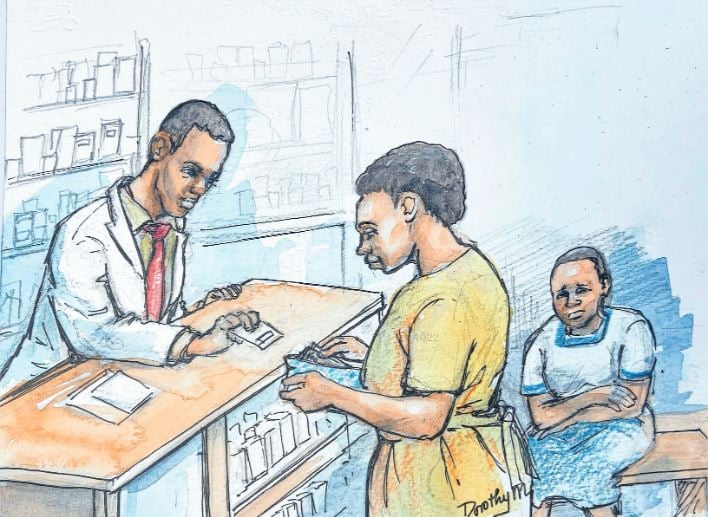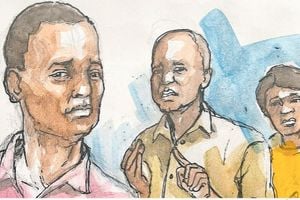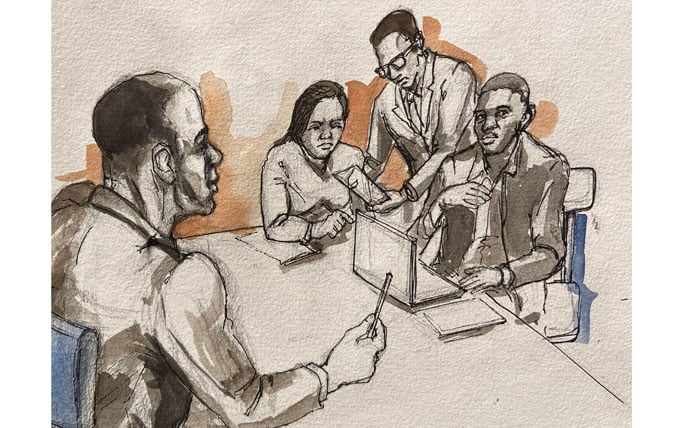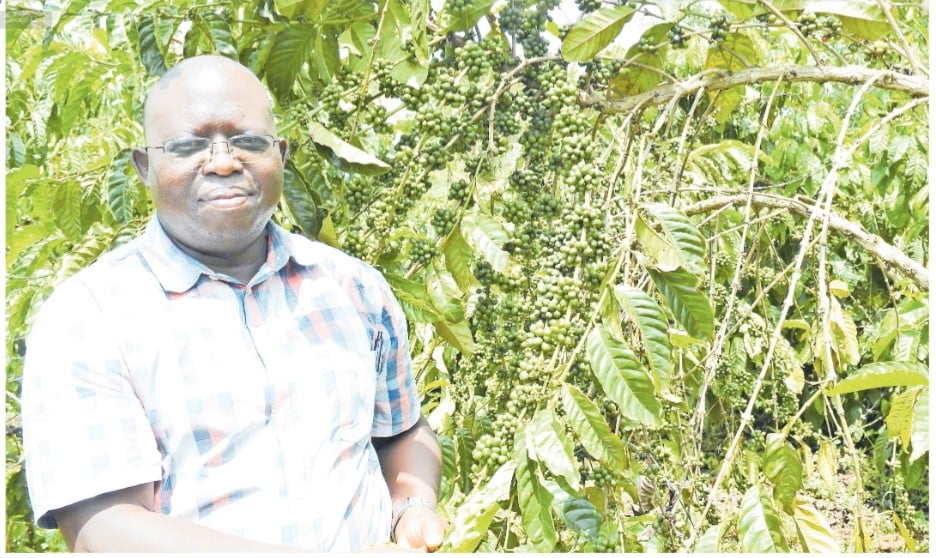
On February 1, 2007, a 17-year-old girl complained that she was not feeling well and her mother took her to a pharmacy, from where she was given an anti-malarial drug, Halfan, in form of tablets. Thereafter, the patient and her mother went back home.
The girl did domestic chores that evening, prepared supper and even watched television before going to sleep. However, the following day, the girl did not wake up.
Her mother rushed her to a nearby health unit, where she was pronounced dead and a death certificate subsequently issued, attributed the girl’s death to malaria.
The mother of the girl was not satisfied with the cause of death. She consulted a pathologist, who performed a postmortem examination and concluded that the cause of death could not be established through gross and histological findings, but noted in his report, that idiosyncratic reaction to the drug Halfan could not be ruled out and was, therefore, suspected.
Thereafter, the bereaved mother lodged a complaint with the Medical Board against the pharmacy. After a disciplinary hearing, the board concluded that the complaint against the pharmacy had merit.
The board noted that the conduct of the pharmacist, who dispensed the drug Halfan, contributed to the death of the patient, when he (the pharmacist) failed to take a proper history, which subsequently led to improper diagnosis and inappropriate prescription of the drug.
According to the board, the pharmacist held himself out to be a medical practitioner, engaged in diagnostic and curative services and was less than candid to the board during the hearing. The pharmacist was asked to compensate the mother of the deceased.
The owner of the pharmacy was aggrieved by the findings of the board and appealed to the High Court to have the decision struck out by way of judicial review.
The High Court, however, ruled against him. Court stated that it was not oblivious of public policy requirements that professionals in the medical field ought to act diligently and professionally in discharge of their duties.
To Court, an innocent life was lost as a result of the pharmacist’s misconduct. To court, the law demanded that the pharmacist be disciplined accordingly, but in so doing, the appropriate discipline needed to be meted out by the relevant body and in accordance with the law.
Court hoped that the relevant board, as well as the Attorney General, through the police, would take appropriate action against the pharmacist.
The mother of the deceased girl was encouraged by the judicial review and instituted a claim of medical negligence against the pharmacy.
The particulars of the negligence were that the pharmacist, who dispensed the drug in question, had occasioned medical negligence, when he failed and /or neglected to use reasonable care, skill and diligence in the manner in which he handled the deceased, resulting into her death.
Further, the owner of the pharmacy was accused of allowing his pharmacy to engage in curative and diagnostic services, knowing well that a licensed pharmacy is not allowed to engage in such services.
The bereaved mother added that following the death of her daughter, she suffered physical and emotional injury, resulting into depression, leading to mental anguish and stress. She suffered financial loss on psychiatrist treatment.
The mother also pleaded that her daughter was, at the time of her death, a Senior Three student, with a bright future, who would have taken care of her in the not so far future and as a result of her death, she (her mother) lost that benefit.
The bereaved mother gave evidence in court, as well as the pathologist, who performed the postmortem examination against the pharmacy. .
The owner of the pharmacy, in his defence, denied these claims and pleaded that the death of the student was not caused by any negligence on his part, but blamed the mother of the girl for failing to administer the drug as per the prescription and failing to monitor the deceased knowing very well she was ailing.
The mother was also accused of overworking the deceased, while under medication, and failing to take urgent action to prevent her demise. He was the sole witness for the pharmacy.
Court looked at evidence from both sides to determine the issue of liability. There was no doubt that the deceased was taken by her mother to the doctor’s pharmacy, where the said medicine was dispensed.
The owner of the pharmacy told court that his pharmacy relied on the results of a laboratory test that confirmed that the deceased had malaria to dispense the anti-malarial drug.
The laboratory technician, who was said to have performed the test, was never called to testify and neither was his laboratory test result presented in evidence. There was, however, no doubt that the anti-malarial drug, Halfan, was given to the deceased from the pharmacy and the owner of the pharmacy admitted as much in court.
The cause of death in this case was not ascertained according to the evidence of the pathologist, who performed the postmortem examination.
The pathologist, despite having concluded that the cause of death could not be ascertained, went further to identify a reaction to the drug Halfan as a suspected cause of death.
He testified that idiosyncratic reaction to Halfan means an abnormal reaction to the drug that may lead to death. He said this is not in a high percentage of people and added that this is not foreseeable.
It was accepted that the defendant was a pharmacy and not a medical clinic and as such depended on the diagnosis of a medical doctor to guide it on what medicine to dispense.
In the event a pharmacy takes it upon itself to conduct a diagnosis and dispense medicine, then the pharmacy is taking a very serious risk which may point to negligence.
In an earlier case court ruled that if a person holds himself as possessing a special skill and knowledge and he is consulted, as possessing such skill and knowledge by a patient, he owes the duty to the patient to use due caution in undertaking treatment.
If he accepts the responsibility and undertakes treatment and the patient submits to his direction and treatment, accordingly, he owes the duty to the patient and to use diligence, care, knowledge, skill and caution in administering the treatment.
To be concluded








